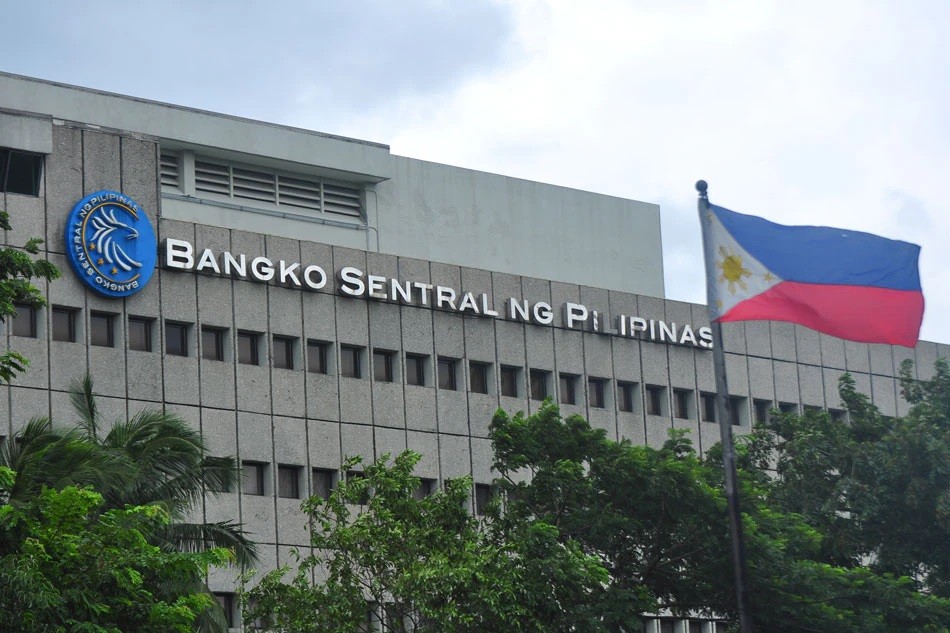18/10/2023
18/10/2023

MANILA, Philippines, Oct 18, (Agencies): The development of Islamic banking in the Philippines is set to benefit a wide spectrum of Filipinos, says the central bank, as it embarks on awareness campaigns aimed at expanding access to financial services compliant with Islamic law.
The Bangko Sentral ng Pilipinas (BSP) has amplified its efforts to promote Islamic finance in the country, particularly after the nation's monetary board's August decision to grant the first Islamic banking unit license to a conventional bank. This decision has broadened the prospects for foreign and private banks seeking entry into the market, previously restricted to the state-owned Al-Amanah Islamic Investment Bank of the Philippines.
Arifa A. Ala, the assistant governor of the central bank, asserted that the BSP has made significant progress in promoting Islamic banking and finance in the Philippines. The growth of Islamic banking and finance is envisioned to benefit all Filipinos, including overseas Filipino workers, attract foreign investors adopting the Islamic finance business model, enhance payment gateways and remittance channels for OFWs, and augment the availability of financial services.
It is essential to note that approximately half of the 1.8 million overseas Filipinos reside and work in Gulf Cooperation Council (GCC) countries, predominantly Saudi Arabia. These countries house a significant share of Islamic banks, further underscoring the significance of Islamic banking development in the Philippines.
Through BSP's initiatives for financial literacy and consumer awareness, overseas Filipinos will have the opportunity to familiarize themselves with Islamic banking and finance, potentially fostering greater consumer participation and realizing the full potential of Islamic banking in facilitating economic growth and an inclusive financial system.
Arifa A. Ala, a prominent advocate for Islamic banking and finance who chairs the Islamic Finance Coordination Forum, believes that the expansion of the Islamic banking and finance sector will be particularly beneficial for financially marginalized Muslim Filipinos. Roughly 6% of the Philippines' predominantly Catholic population of 110 million are Muslims, with many residing in the impoverished Bangsamoro Autonomous Region in Muslim Mindanao in the south of the country, which exhibits one of the lowest financial inclusion rates.
The presence of new Islamic banking players can offer Filipinos access to diverse Islamic banking products and services tailored to their financial needs. It will facilitate the inclusion of unbanked Muslim Filipinos into the financial system while also expanding financial transactions and investment options for non-Muslim Filipinos.
With the prevailing conducive regulatory environment, the central bank is confident in the readiness of the Philippines to accommodate new Islamic banking and finance investors. To promote the Philippine market, the Assistant Governor of the Bangko Sentral ng Pilipinas held a briefing for potential investors in Riyadh, Saudi Arabia, in August. The purpose of the event was to highlight the investment opportunities in the Philippines for potential Saudi and Filipino investors.
Ala believes that investors from Muslim countries, who are increasingly seeking investment opportunities aligned with their religious beliefs, could consider investing in Philippine sovereign sukuk as a means to diversify their investments and manage liquidity. The Philippines is poised to welcome new entrants in the Islamic banking and finance sector to cater to a significant untapped consumer market and a growing economy with substantial financing needs.


